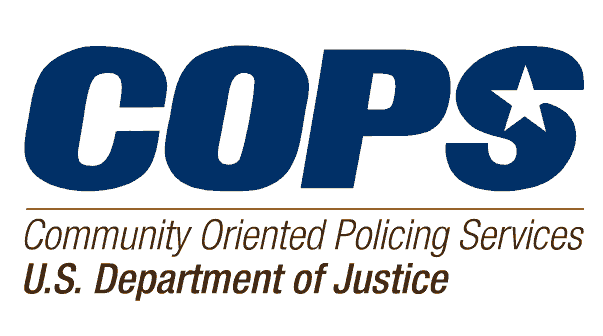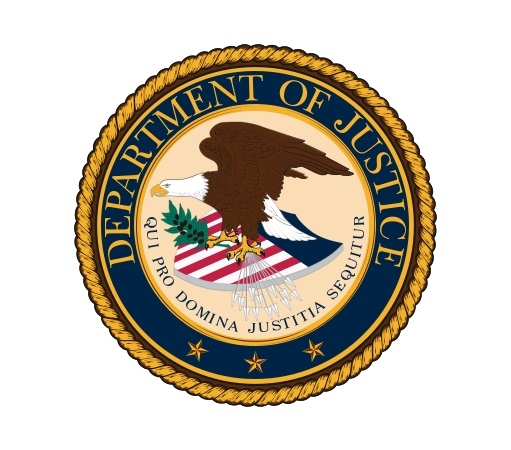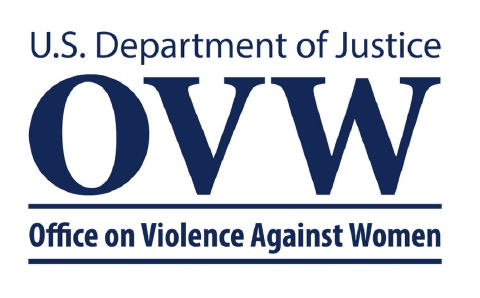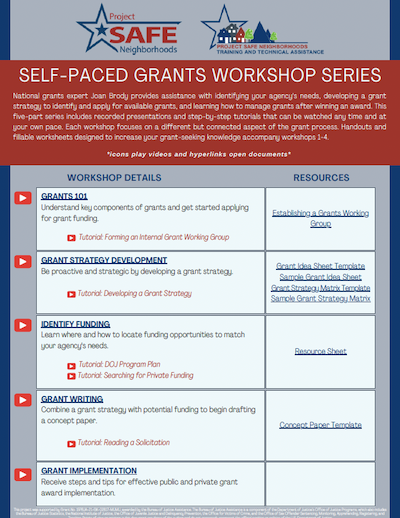Being Proactive and Strategic
Public safety agencies and their community partners are being asked to do more with less resources. Acquiring additional resources via public and private grant funding can expand and enhance organizational capacity. However, identifying funding opportunities, writing grant proposals, and implementing new grant-funded programming is also challenging. A proactive and strategic approach is needed to better prepare your agency for successful grant-seeking and grant implementation. Developing a grant strategy is an effective and efficient process for planning and developing funding proposals as well as obtaining project implementation support inside your organization.
Why Grant Strategy?
Public and private grant funding can help law enforcement support existing programs, develop new programs, purchase technology, hire personnel, and more. While the need for grants may be straightforward, identifying and applying for grants is not. Creating a grant strategy can help law enforcement strategically utilize their time and effort to apply for funding opportunities to meet their needs while improving their odds of successfully winning funding. Sharing your grant strategy with private funders is also an effective way to highlight needs that could be supported through foundation and other private funding opportunities.
Where Can Law Enforcement Look for Federal Funding?
The Department of Justice offers funding opportunities to support law enforcement and public safety activities in state, local, and tribal jurisdictions; to assist victims of crime; to provide training and technical assistance; to conduct research; and to implement programs that improve the criminal, civil, and juvenile justice systems. These grants are made through three DOJ grant-making agencies:

The Office of Community Oriented Policing Services (COPS) is responsible for advancing the practice of community policing by the nation's state, local, territorial, and tribal law enforcement agencies through information and grant resources. The COPS Office awards grants to hire community law enforcement professionals, develop and test innovative law enforcement strategies, and provide training and technical assistance to community members, local government leaders, and all levels of law enforcement.

Office of Justice Programs (OJP) provides innovative leadership to federal, state, local, and tribal justice systems, by disseminating state-of-the art knowledge and practices across America and providing grants for the implementation of these crime fighting strategies. OJP’s goals are to strengthen partnerships with state, local, and tribal stakeholders; ensure integrity of, and respect for, science - including a focus on evidence-based, "smart on crime" approaches in criminal and juvenile justice; and administer OJP’s grant awards process in a fair, accessible and transparent fashion - and, as good stewards of federal funds, manage the grants system in a manner that avoids waste, fraud and abuse. Visit the OJP bureaus and program offices listed below:
- Bureau of Justice Assistance (BJA)
- Bureau of Justice Statistics (BJS)
- National Institute of Justice (NIJ)
- Office of Juvenile Justice and Delinquency Prevention (OJJDP)
- Office of Sex Offender Sentencing, Monitoring, Apprehending, Registering, and Tracking (SMART)
- Office for Victims of Crime (OVC)
The Bureau of Justice Assistance (BJA), supported by OJP, offers a range of services and resources to meet the information needs of anyone interested in criminal and juvenile justice, victim assistance, and public safety.

The Office on Violence Against Women (OVW) provides federal leadership in developing the national capacity to reduce violence against women and administering justice for, and strengthening services to victims of domestic violence, dating violence, sexual assault, and stalking. OVW administers grant programs to help provide victims with the protection and services they need to pursue safe and healthy lives while simultaneously enabling communities to hold offenders accountable for their violence.
There are also related public safety grant programs in other federal agencies, such as the U.S. Department of Health and Human Services (HHS), which oversees the Substance Abuse and Mental Health Services Administration (SAMHSA). Moreover, the Department of Labor and Housing and Urban Development fund reentry programming. You can also search for related community violence intervention (CVI) funding from the Department of Justice, the Department of Education, the HHS National Institutes of Health (NIH), and the Centers for Disease Control and Prevention (CDC). In fact, there are overlapping relevant community safety focus areas among many federal agencies. To learn more about these agencies, go to their home pages or search keywords in grants.gov.
Finding State, Local, and Private Funding
Grant funding given by individual state and local governments varies considerably. Some states have a centralized criminal justice agency that administers federal pass-through funding. Other states divide federal funding among different agencies with varied focus areas.
- To start identifying community safety resources in your state, look up your State Administering Agency on OJP’s website. State Administering Agencies are state partners that administer DOJ grant funding at the state level.
- Search your Governor’s and Attorney General’s websites to learn about other agencies and offices that may offer grant programs.
- Visit local city and county websites to search for grant programs.
- Look for state funding and related background information on these organizations’ web pages:
The resources below will help you learn more about identifying private funding through police foundations and related public safety foundations:
- Investing in Community Safety: A Practical Guide to Forming and Sustaining Police Foundations (usdoj.gov)
- Public Safety Foundation Network (publicsafetyfoundations.com)
Five-Part Grants Webinar Series – From Grants 101 Through Grant Implementation
The Knowledge Lab’s partners at Project Safe Neighborhoods developed this five-part webinar series, which includes recorded presentations and step-by-step tutorials that can be watched at any time and at your own pace.
Click on the PDF below to access the webinars or to download helpful related resources.

